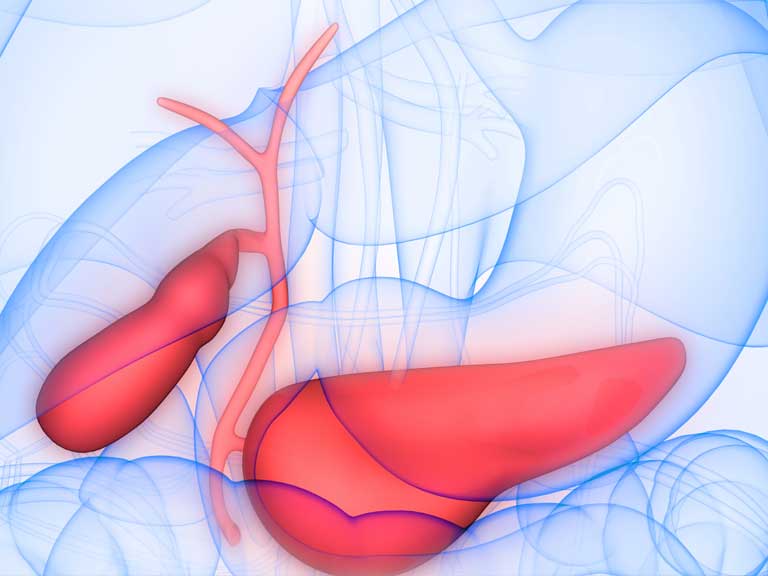Pancreas, liver and spleen procedures
The liver, pancreas, and spleen are vital organs in the human body that play important roles in digestion, metabolism, and the immune system. When these organs become diseased or injured, surgical treatment may be necessary to correct the problem and restore proper function.
Dr Lorenzo can treat a wide variety of issues with these organs, from treating gallstones to surgery to remove cancerous tumours.

Treatment
Liver conditions that may require surgical treatment include liver abscesses, which are collections of pus within the liver tissue, and benign liver tumors such as hemangiomas or adenomas. The main surgical procedure for treating liver abscesses is percutaneous drainage, which involves making a small incision in the skin and using a catheter to drain the abscess. For benign liver tumors, surgical options include radiofrequency ablation, where high-frequency energy is used to destroy the tumor, or a partial or complete liver resection.
Pancreas conditions that may require surgical treatment include acute pancreatitis, which is inflammation of the pancreas, and chronic pancreatitis, which is ongoing inflammation of the pancreas. The main surgical procedure for treating acute pancreatitis is drainage of the infected or necrotic tissue, while for chronic pancreatitis, the main surgical procedure is a pancreaticoduodenectomy (Whipple procedure) which involves removing the head of the pancreas and the duodenum.
Spleen conditions that may require surgical treatment include splenic abscesses, which are collections of pus within the spleen tissue, and splenomegaly, which is an enlarged spleen. The main surgical procedure for treating splenic abscesses is drainage, while for splenomegaly, the main surgical procedure is a splenectomy, which involves removing the spleen.
Expectations
The outcome of surgical treatment varies and depends on various factors such as the stage and location of the cancer, the overall health of the patient and the expertise of the surgical team.
Recovery from surgery can take several weeks or even months, depending on the extent of the surgery. Pain and discomfort are common after the surgery, and patients will likely need to follow a special diet to help the healing process. They will also need to have regular follow-up appointments with Dr Lorenzo to monitor their recovery.

